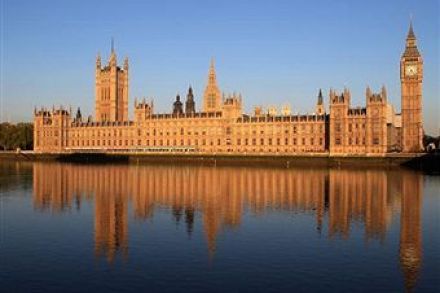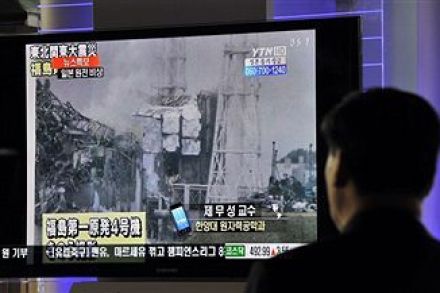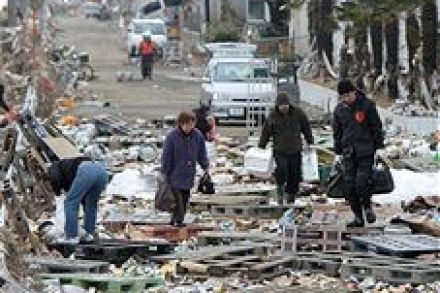China’s War with Japan, by Rana Mitter – review
The Sino-Japanese struggle that began in 1937, two years before the rest of the world plunged into war, is not as unknown as Rana Mitter, a professor of Chinese history and politics at Oxford, contends in this comprehensive new book. His copious notes, after all, display how well that conflict has been studied by many scholars. But in the sense that few Westerners under the age of 80 can string more than two sentences together about those terrible eight years, he is right. It is a big story, and for the most part Mitter tells it well. The scene — China — is vast. Two competing leaders, Chiang Kai-shek and














